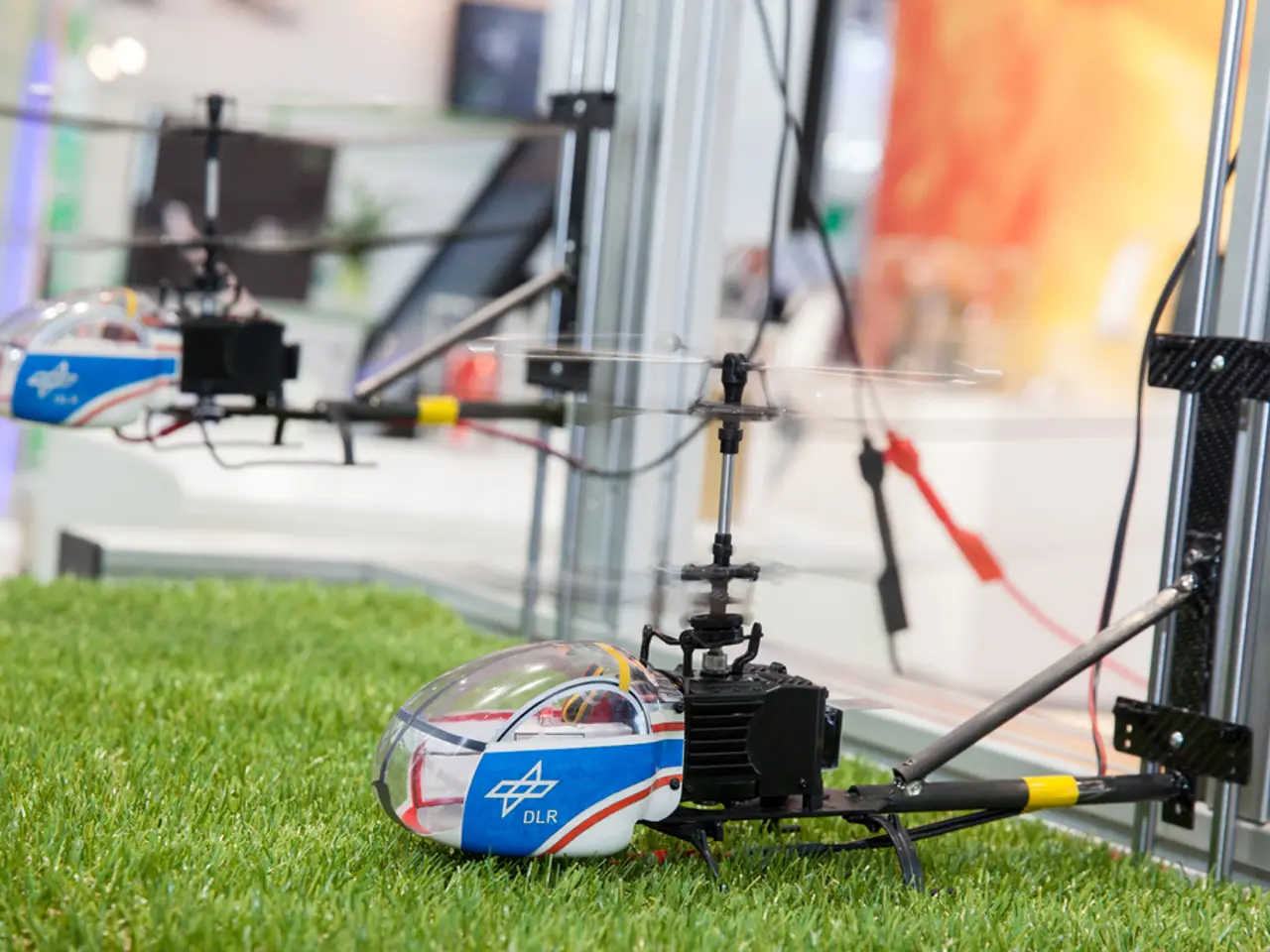Thales Belgium Races to Double Rocket Production Amid Ukraine Demand and Drone Threats
Thales Belgium, a prominent player in air defense, is facing unprecedented demand for its rockets, with a significant portion of its production destined for Ukraine. The company is swiftly expanding its manufacturing capacity to meet this surge in demand, while also grappling with increased drone overflights at its top-secret facilities.
Thales Belgium is currently racing to double its production of unguided and laser-guided FZ275 rockets to 70,000 within the next few years. This expansion is driven by the 'unbelievable' demand for its rockets, with a majority of its current production going to Ukraine. The company's Égévigné Fort site in eastern Liège is licensed to assemble and store explosives for its 70 mm rockets, ensuring a steady supply for this increased production.
Thales' rockets are designed to counter drone threats. The laser-guided version can target larger, high-altitude UAVs, while the unguided version is effective against swarms of smaller, low-altitude drones. This capability has become increasingly relevant as reports of unmanned aerial vehicles have been mounting in several European countries, including Poland, Romania, Germany, Norway, and Denmark. In response to these incidents, Copenhagen has temporarily banned drone flights.
The surge in drone overflights has also affected Thales Belgium's factories. The company has not disclosed which specific government agency is handling the dispute over drone surveillance, as Belgium has not yet commented publicly on the matter. However, the EU, while legally prohibited from directly funding weapons, has initiatives like the €150 billion SAFE loans-for-weapons program to facilitate joint arms procurement by member countries.
Thales Belgium is rapidly scaling up its rocket production to meet the urgent demand, particularly from Ukraine. Its rockets, capable of countering drone threats, are in high demand as drone incidents increase across Europe. Meanwhile, the company is navigating the challenge of drone overflights at its factories, with ongoing discussions with relevant government agencies.
Read also:
- Amazon Halts Drone Deliveries After Arizona Crashes
- US Energy Transition: Coal Plants Struggle, States Push Renewables
- Musk threatens Apple with litigation amidst increasing conflict surrounding Altman's OpenAI endeavor
- U.S. Army Europe & Africa Bolsters Regional Security with Enhanced Partnerships & Deterrence








